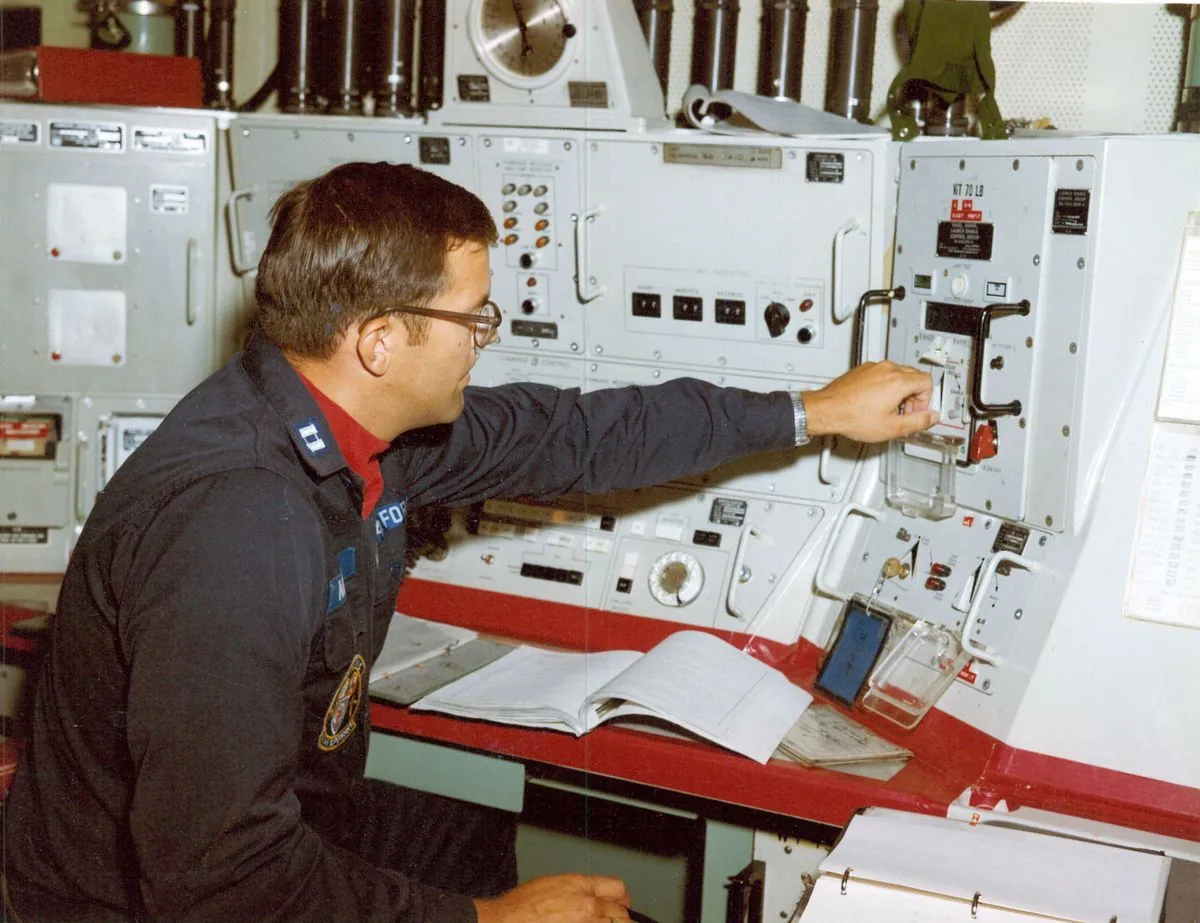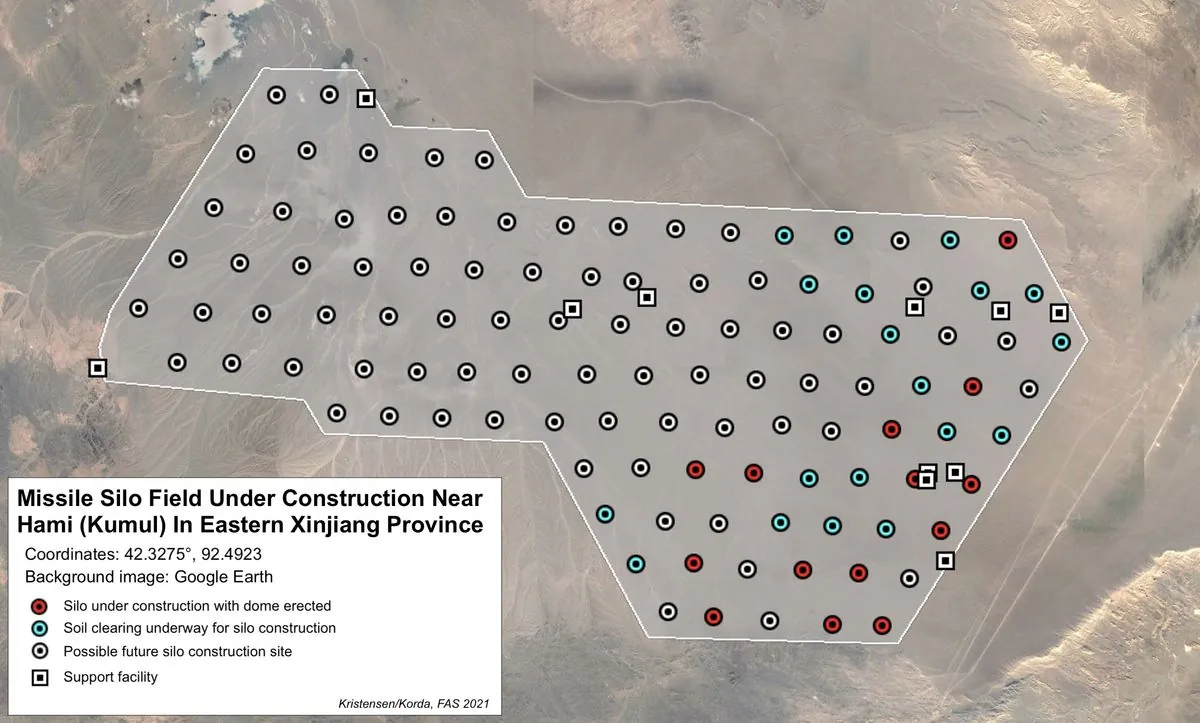Nuclear Powers Urged to Adopt "No First Use" Policy Amid Rising Tensions
As global nuclear arsenals expand, experts propose "no first use" policy as a realistic approach to reduce risks. China's stance and historical precedents offer hope for nuclear de-escalation.

In the years following the Cold War, the global landscape of nuclear weapons has undergone significant changes. Robert C. O'Brien, former national security advisor to Donald Trump, has advocated for nuclear tests if Trump secures another term, aiming to maintain U.S. superiority over Chinese and Russian stockpiles. This stance reflects a broader trend of nuclear arsenal modernization and expansion worldwide.
The current state of nuclear diplomacy presents two sobering realities. Firstly, the immediate prohibition of nuclear weapons appears unattainable. Despite the United Nations Treaty on the Prohibition of Nuclear Weapons being in effect since January 2021, no nuclear-armed states have signed it. Secondly, convincing these nations to reduce their nuclear stockpiles amidst intensifying geopolitical rivalries has proven challenging.
Russia's suspension of the New START treaty in February 2023 and subsequent withdrawal from the Comprehensive Nuclear Test Ban Treaty in November 2023 have further complicated disarmament efforts. These actions have prompted the United States to suspend data sharing related to the New START treaty.
China's nuclear arsenal has seen significant growth, increasing from an estimated 410 warheads in January 2023 to 500 in January 2024. The U.S. Defense Department projects this number could reach 1,500 by 2035. This expansion reflects China's response to the evolving global nuclear landscape.

Given these circumstances, experts propose that adopting a "no first use" policy could be the most practical approach to mitigate nuclear risks. This policy commits a nuclear-armed state to refrain from using nuclear weapons unless attacked first with such weapons.
Among the five nuclear states recognized by the Non-Proliferation Treaty (NPT), China stands alone in its longstanding commitment to a "no first use" policy, declared on October 16, 1964, following its first atomic bomb test. India, though not an NPT signatory, made a similar pledge in 1998, with certain conditions.
The United States' 2022 Nuclear Posture Review states that nuclear weapons would only be considered in "extreme circumstances." The United Kingdom and France maintain similar stances, emphasizing defensive use and "strict sufficiency" respectively.
Russia presents the most significant challenge to a global "no first use" policy. Having abandoned the Soviet Union's 1982 "no first use" pledge in 1993, Russia's current nuclear doctrine, as outlined in a 2020 executive order, allows for potential nuclear use in non-nuclear scenarios.
A dual-track approach could pave the way for widespread adoption of a "no first use" policy. In Europe, NATO could initiate a unilateral "no first use" pledge against Russia. In Asia, China and the United States could reach a similar agreement, potentially de-escalating tensions in potential conflict zones.
Historical precedents offer hope for such initiatives. Following nuclear tests by India and Pakistan in 1998, China and the United States made a joint declaration to de-target their nuclear weapons against each other. This led to a broader statement among the five NPT nuclear states in 2000, affirming that their nuclear weapons were not targeted at each other or any other states.
"A nuclear war cannot be won and must never be fought."
This commitment, reiterated by China and Russia in 2023 despite ongoing conflicts, underscores the potential for nuclear de-escalation measures. If nuclear war is indeed unwinnable, as these powers agree, a "no first use" pledge becomes a logical next step towards a nuclear-free world.
As the Doomsday Clock stands at 90 seconds to midnight, the closest it has ever been, the adoption of a "no first use" policy by nuclear powers could offer a glimmer of hope in an increasingly tense global environment.


































